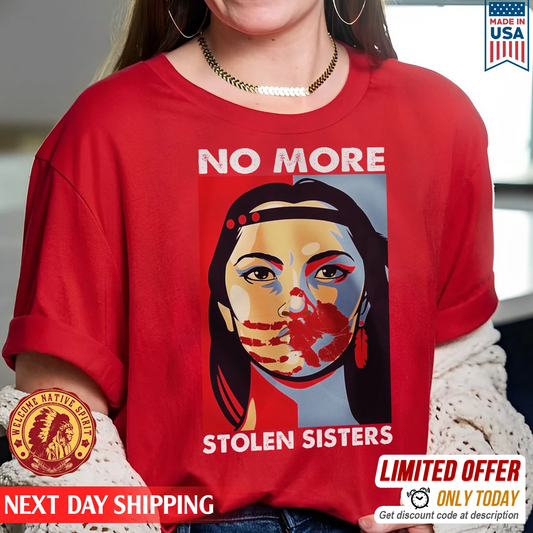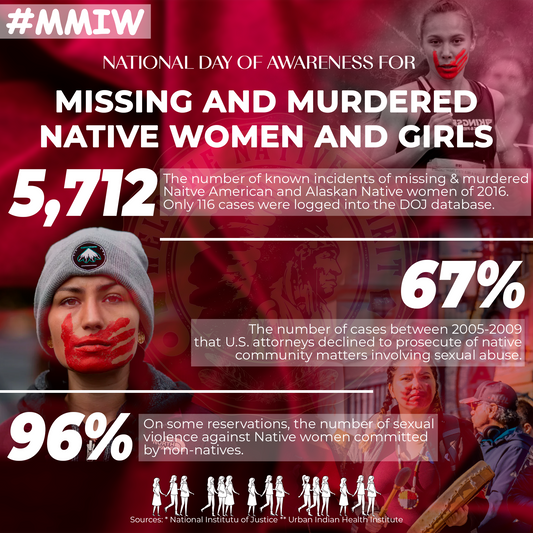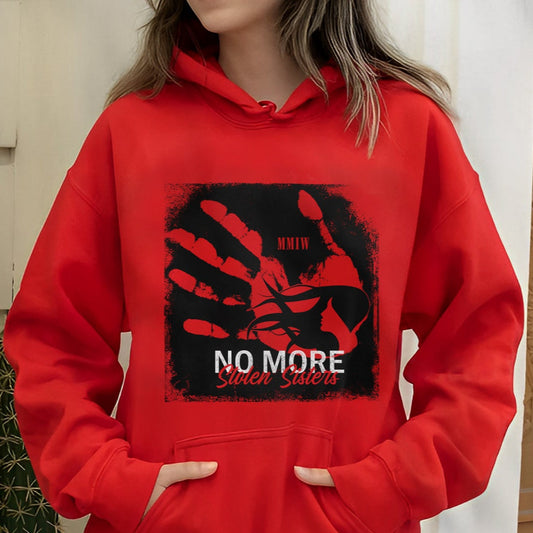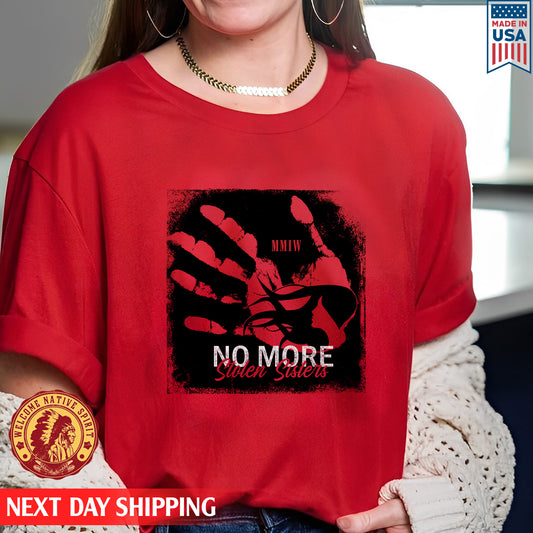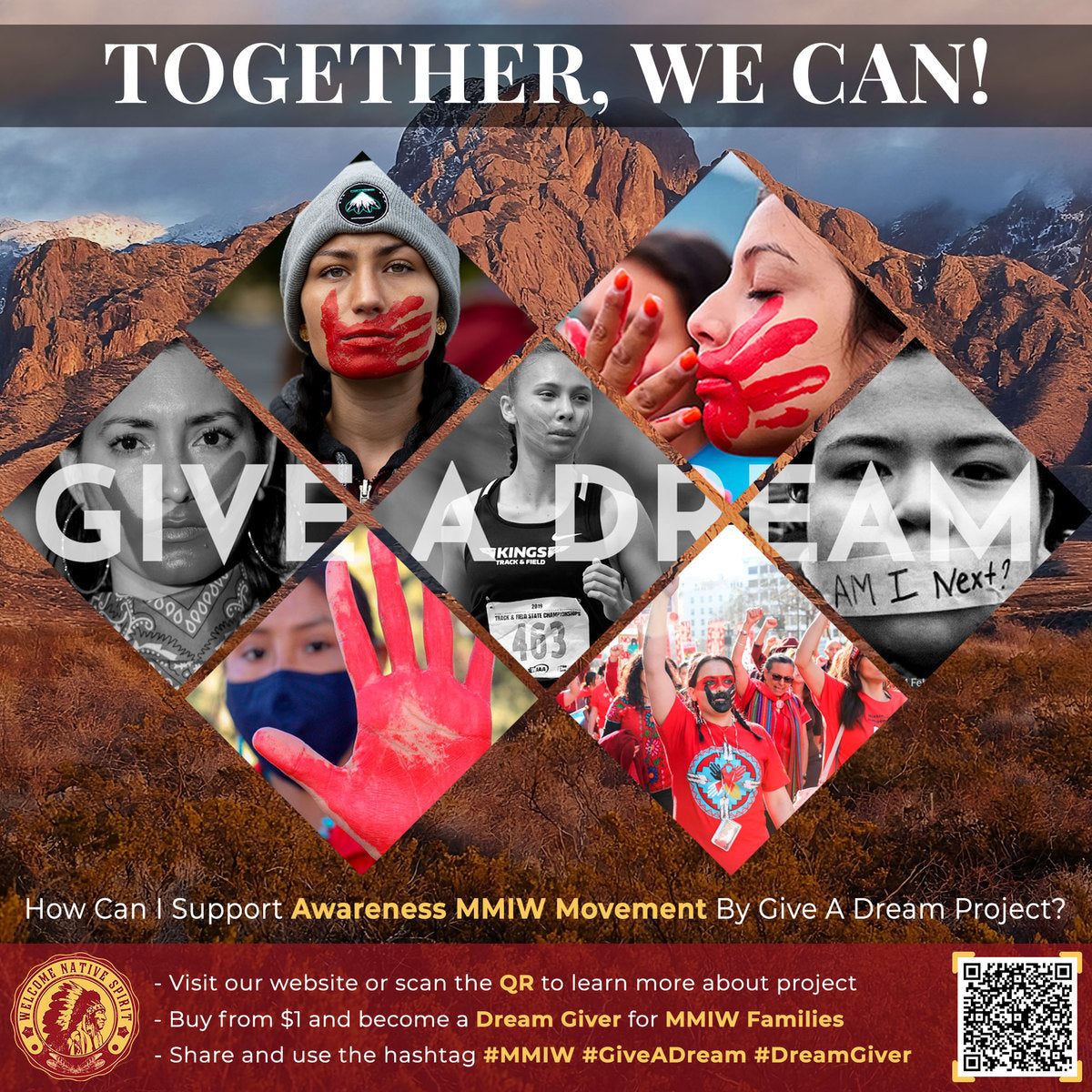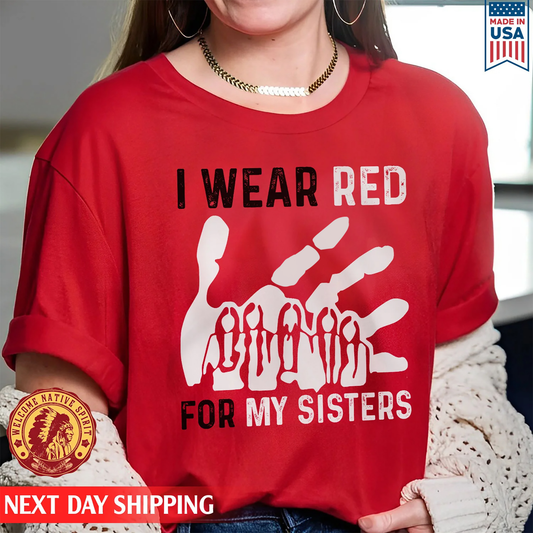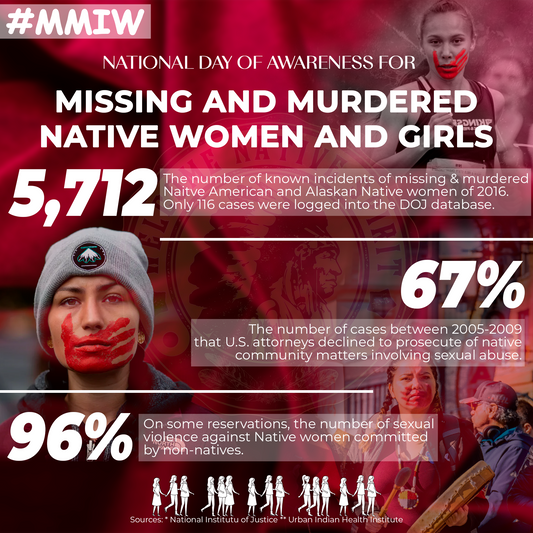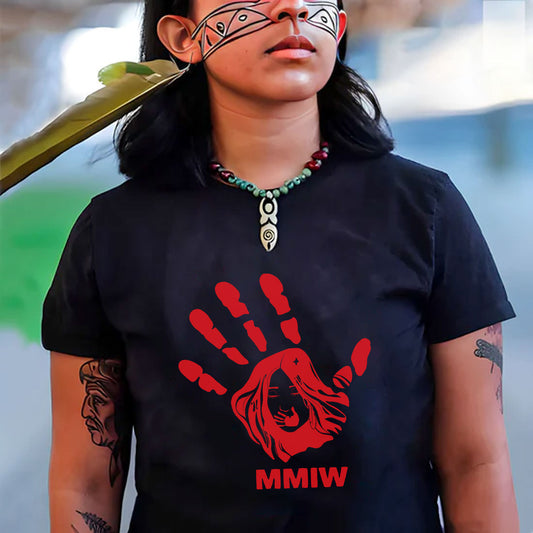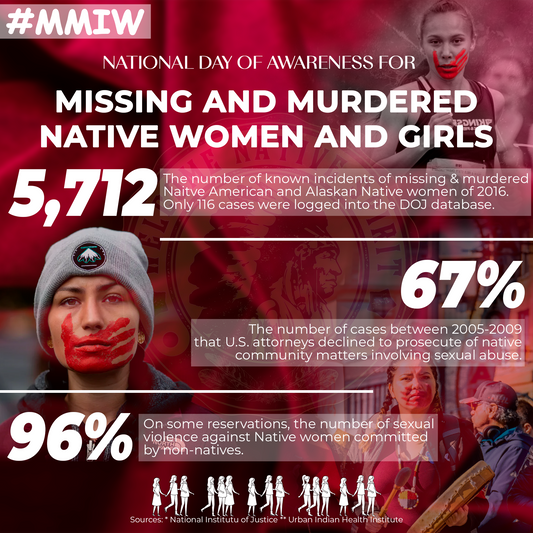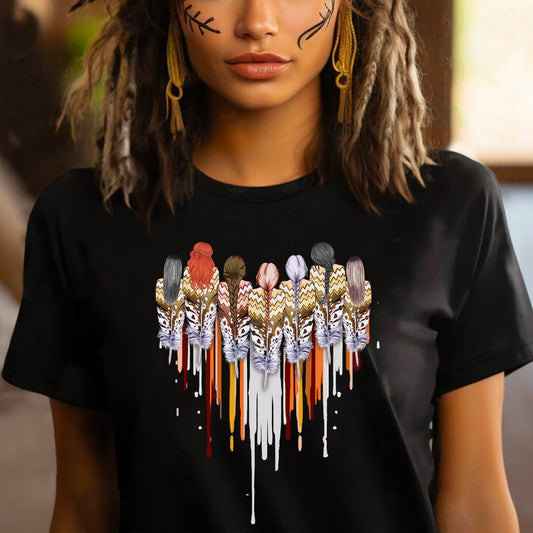What is the MMIW Movement?
#MMIW Artwork by Maddie LambMMIW stands for Missing and Murdered Indigenous Women. It’s a movement that advocates for the end of violence against Native women. It also seeks to draw attention to the high rates of disappearances and murders of Native people, particularly women and girls.
The MMIW movement exists because a large number of Native women go missing and are murdered each year compared to women from other groups.
Here is a snapshot of data for MMIW in 2018:
- About 4 out of 5 Native women have experienced violence
- Native women were about twice as likely than white women to experience violence
- Native women face murder rates 10 times the national average
- The murder rate for Native women is about 3 times more than that of white women
How Can We Help MMIW?
There are a few ways to get involved as an MMIW advocate. Here are some tips to get started in your community:
Tip 1 – Education
We each have more to learn about the MMIW movement. For example, did you know that some people chose not to use MMIW, because they believe it is not inclusive enough?
Some people use other terms, such as:
MMIWG = Missing and Murdered Indigenous Women and Girls
MMIR = Missing and Murdered Indigenous Relatives
MMIP = Missing and Murdered Indigenous People
The Indigenous people who are too young to be considered adults and those who identify as men, Two-Spirit, trans, or non-binary are also affected by high rates of disappearances and murders. Each of the terms above focuses on raising awareness for Indigenous people (more broadly than just women) who are impacted by violence.
Take some time to learn more about MMIW, MMIWG, MMIP, and MMIR. Here are a few places to start:
It Starts With Us
Lakota People’s Law Project: MMIW Resource Guide
Tip 2 – Use your voice
Each of our voices carries magnificent power. By sharing stories, pictures, videos, and other things with each other, we can help keep the MMIW movement going strong. Speak to your friends and trusted adults, and consider using social media as an outlet to remember MMIW to keep the movement going. Sometimes, people use hashtags (#MMIW, #MMIP, #MMIWG, #MMIR) to be able to quickly find other stories and see how many people are involved.
Tip 3 – Support, not shame
Remember that no one life is more or less valuable than any other. Evaluating our own personal lives, questioning our own internal biases or judgements about others is important. MMIP affects everyone – regardless of their place of living, work, free time activities, or health status. Those MMIP who engage in substance misuse, stigmatized sexual activities, or are houseless deserve just as much shame-free and stigma-free support than MMIP who do not engage in those behaviors.
Tip 4 – Practice self-care
Many of us are impacted by MMIW and MMIP. Taking care of yourself, leaving room for grief, and identifying good coping skills to manage your mental health while engaging in MMIW advocacy is key to continuing the movement.
Get Help
If it is safe to do so, speak with a trusted adult. School counselors, nurses, teachers, principals, Tribal leaders, or other trusted adults are there to help guide and support anyone in need.
Here are some other ways to reach out and get help if you need it:
- Sometimes things are too overwhelming to deal with alone. If you need free advice from a trained counselor, simply text the word “NATIVE” to 741741.
- StrongHearts Native Helpline: 1-844-7NATIVE (762-8483), you can connect anonymously with a Native advocate.
- The National Indigenous Women’s Resource Center and the Coalition to Stop Violence Against Native Women fight for safety and sovereignty for Native women.
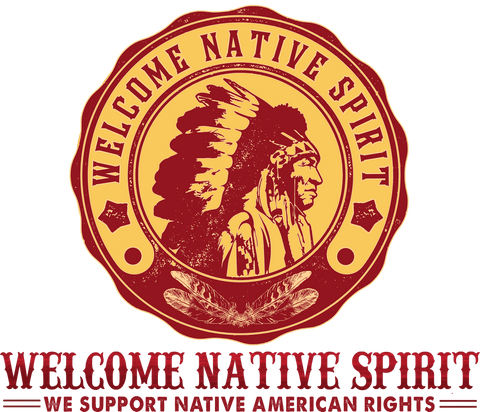

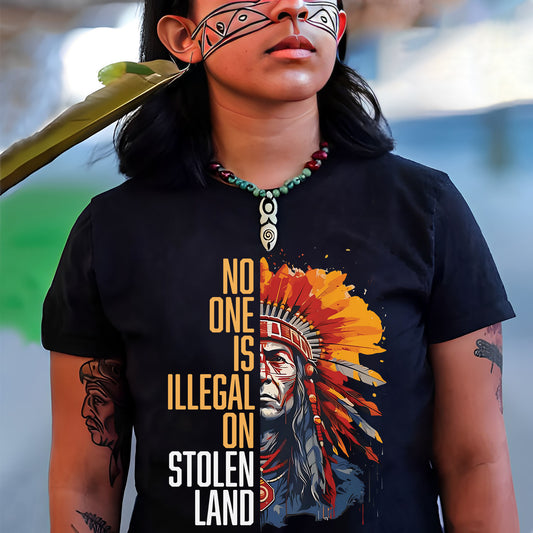
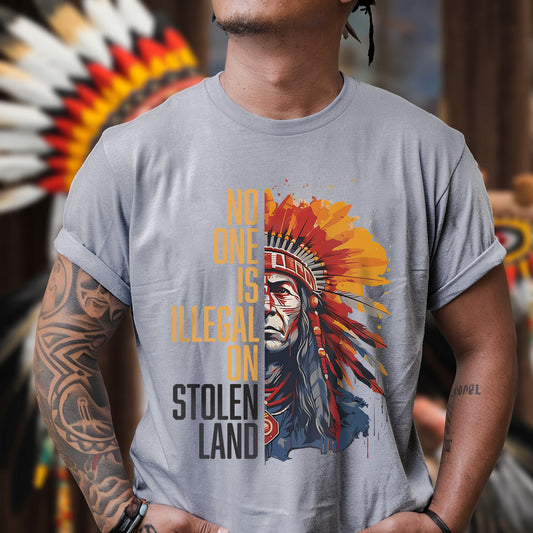
![[Two Sides] Trail of Tears The Deadly Journey Unisex T-Shirt/T-Shirt V-Neck/Hoodie/Sweatshirt](http://welcomenativespirit.com/cdn/shop/files/20_2bae9cf5-c07c-4ea5-a8ea-de74aa71325d_533x.jpg?v=1757466962)
![[Two Sides] Trail of Tears The Deadly Journey Unisex T-Shirt/T-Shirt V-Neck/Hoodie/Sweatshirt](http://welcomenativespirit.com/cdn/shop/files/gray_-2side_b51af6c7-cea9-4004-90db-cb8d883be04a_533x.png?v=1759742586)
